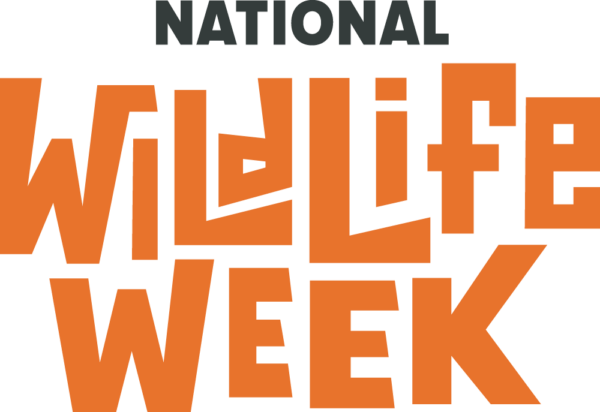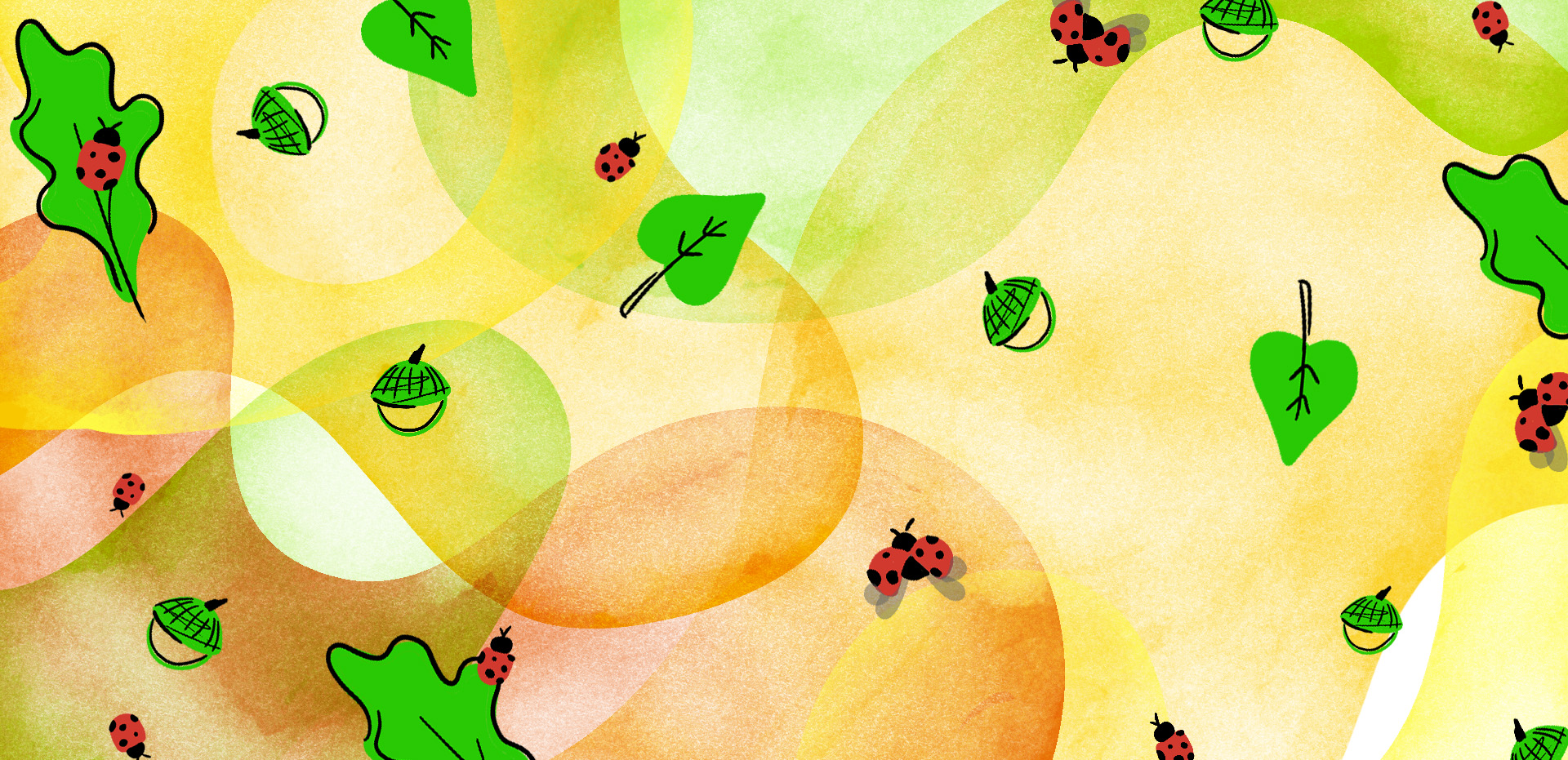Monarch Butterfly
Yes, this iconic insect is considered wildlife. Insects like butterflies are wildlife! Monarch butterflies are rapidly disappearing but planting butterfly habitat gardens can help.
Transcript
David Mizejewski: Happy National Wildlife Week! Right now we’re going to talk all about monarch butterflies. These are one of our most iconic North American wildlife species, and yes, insects are wildlife. These big black and orange butterflies, you’ve probably seen them in your yard, but they do this incredible migration.
[Music]
David Mizejewski: The eastern population from southern Canada, all across east of the Rockies, all migrate down every fall to really one spot in Mexico. The western population goes to coastal California. It’s a natural history wonder, frankly, on this planet that these little butterflies can make it that far.
Peter Gros: And it’s an amazing process in nature to realize that these delicate butterflies make that same migration every year. People fly for miles to see where they end up in Mexico. But then they wanna know, what can I do to help?
Peter Gros: You can plant your garden or your backyard habitat with plants that attract butterflies, or milkweed. Milkweed is a plant where they actually can lay their larva and then reproduce, and the more flowers you plant, the more they can feed on, the better chances are they’ll make this long migration.
David Mizejewski: That’s right, because the modern butterflies are actually in trouble. That eastern population has been down by as much as 90 percent and the western population has been down by as much as 99 percent.
David Mizejewski: Now, they fluctuate from year to year, but we all have an opportunity to help them out. So plant native plants, plant that native milkweed for the caterpillars, and of course, don’t spray pesticides. So I hope everybody goes right now and takes the National Wildlife Week pledge.
Peter Gros: And then get out there in nature and enjoy National Wildlife Week!


